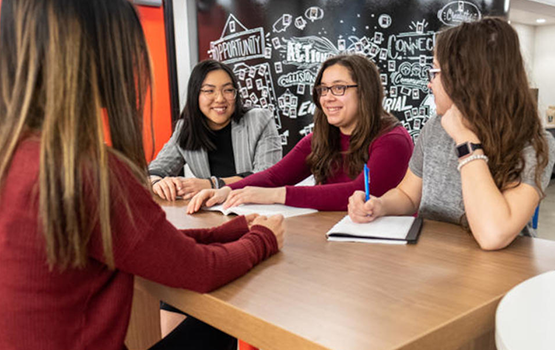
Community Rehabilitation and Disability Studies
The Community Rehabilitation and Disability Studies (CRDS) program at the University of Calgary is a unique initiative in Canada, designed for those committed to supporting individuals and families experiencing disabilities or chronic health conditions. This interdisciplinary program fosters academic exploration and offers both undergraduate and graduate opportunities. CRDS focuses on leadership development, community capacity building, and innovation, working with diverse allies to enhance the well-being of people with varying abilities, drive social change, and advance related knowledge and theory.
Master of Disability and Community Studies
The Disability and Community Studies program focuses on cultivating leadership and innovation to enhance the quality of life for individuals with disabilities. Tailored for professionals from diverse fields, the program requires at least three years of combined work, life, or volunteer experience related to disability, chronic illness, or marginalized conditions. This course-based program emphasizes advancing knowledge, policy, practices, and partnerships in Community Rehabilitation. Situated within Community Health Sciences, it bridges population and public health with research and education to explore health and disease dynamics.

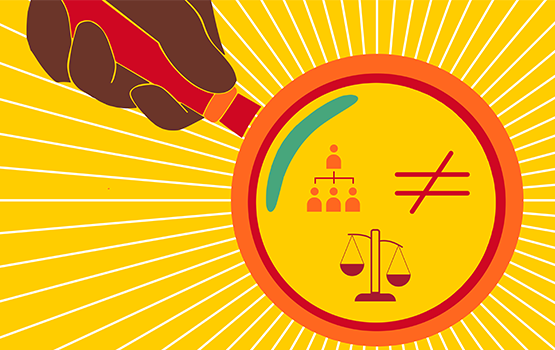
BIAS FREE Framework
The BIAS FREE “Building an Integrative Analytic System for Recognizing and Eliminating in Equities” framework was developed by Mary Anne Burke and Margit Eichler to identify and avoid biases that derive from social hierarchies.
Social inequity and the biases surrounding them can be divided into three distinct sets of problems, namely maintaining an existing hierarchy, failing to examine differences, and using double standards. In this interactive workshop, participants will gain a deeper understanding of the BIAS FREE Framework tool and learn how to apply it to their work and lived reality to reveal hidden biases.
Neurodiversity | Experiential Learning
By integrating neurodiversity into hands-on, real-world applications, it creates inclusive opportunities for individuals with varying cognitive and learning styles to thrive. The initiative combines innovative teaching methods, adaptive tools, and collaborative projects to celebrate neurodivergent strengths, encourage mutual understanding, and drive creative problem-solving. Through tailored support and equitable access, the program aims to prepare participants for meaningful contributions in academic, professional, and community settings.

Elyse Bouvier
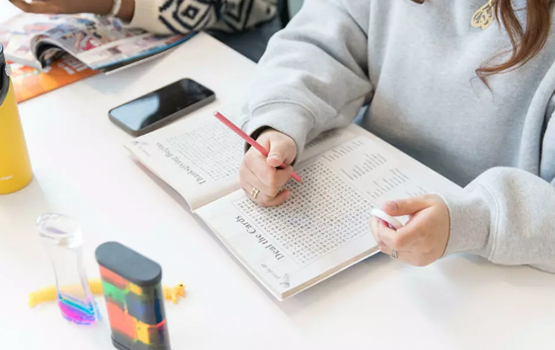
Neurodivergent Students
Neurodiversity Immersive Campus Experience (NICE): NICE is a free two-day program designed for incoming first-year undergraduate neurodivergent students. It offers workshops, campus tours, and discussions to facilitate a smooth transition to university life. Participants are introduced to neurodivergent peers and campus resources within sensory-friendly environments.
Student Success Centre (SSC): The SSC provides academic support tailored to diverse learning needs, including:
- Peer Communities and Meetups: Spaces and events personalized for neurodivergent students to build community and share experiences.
- Faculty & Staff Workshops: Sessions offering insights into neurodivergent student perspectives to enhance teaching and advising practices.
Student Advocacy and Wellness Hub (SAWH): Located within the Cumming School of Medicine, SAWH supports neurodivergent learners by fostering connections and celebrating neurodivergent identities. Services include:
- Neurodivergent Peer-to-Peer Social Group: A platform for learners to connect, learn, and thrive together.
- Therapy Animals and Peer Support Programs: Initiatives aimed at enhancing student well-being.
Work-Integrated Learning (WIL) for Neurodivergent Students: In partnership with The Sinneave Family Foundation, UCalgary is transforming WIL programs to be more neuro-inclusive, ensuring equitable participation and success for neurodivergent students.
Creating Accessible Course Content
This resource is designed to help course instructors and those responsible for creating course content to develop a deeper understanding of accessibility and create educational materials accessible to all learners. This resource discusses strategies for enhancing accessibility when adding content to D2L, creating slides, making videos and developing interactive activities in order to foster equitable and inclusive learning experiences for all students.
Pletnyova, G., & Yu, L. (2023). Creating accessible course content. Taylor Institute for Teaching and Learning. Calgary: University of Calgary.

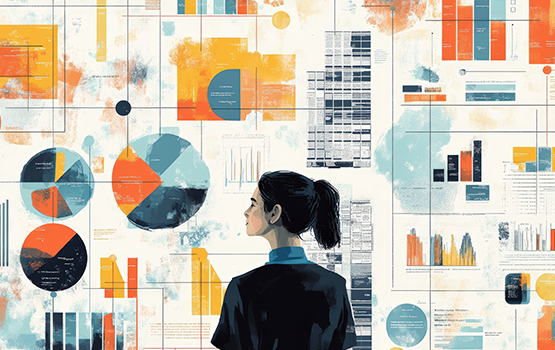
Academic Integrity: Considerations for Accessibility, Equity, and Inclusion
This report presents a synthesis of current research on academic integrity, accessibility, equity, and inclusion, with an emphasis on the experiences of individuals with learning and neurodevelopmental disabilities. It provides a comprehensive overview of the literature up to August 2021, identifying significant themes and highlighting areas where further investigation is needed. Additionally, the review includes a discussion of critical challenges and practical recommendations for addressing these issues.
Authors: Rachel Pagaling, MSc Dr. Sarah Elaine Eaton, PhD and Dr. Brenda McDermott, PhD
April 2022
Foster an inclusive and accessible learning environment
Teaching and learning in an online environment often produce outcomes that differ from traditional face-to-face instruction. The Universal Design for Learning (UDL) framework offers guidance on designing courses and learning environments to accommodate the widest range of learners. UDL promotes flexibility in presenting instructional materials, assessing student knowledge and skills, and engaging students in the learning process. This framework is built on three foundational principles:
- Multiple Means of Engagement
Focuses on providing diverse ways to motivate and sustain students' interest in learning. - Multiple Means of Representation
Ensures information is presented in various formats to address different learning preferences and needs. - Multiple Means of Action and Expression
Encourages offering students various options to demonstrate what they know and can do.
By applying these principles, educators can create more accessible online learning experiences.
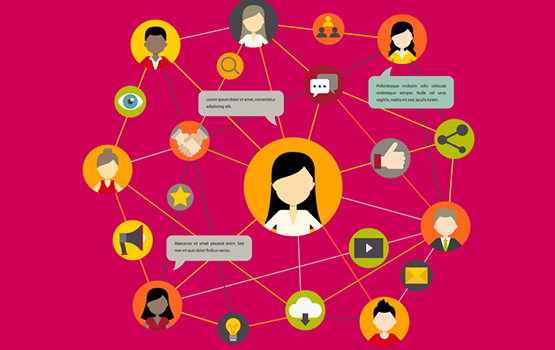
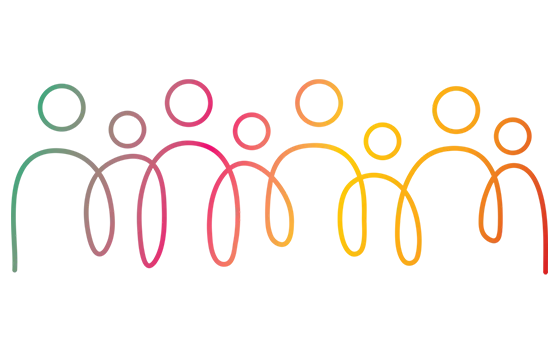
Using AI for Accessibility and Inclusion
Artificial intelligence (AI) is increasingly recognized for its potential to enhance educational accessibility and inclusion, leading to improved academic outcomes for all students. AI-driven tools can personalize learning experiences, accommodate diverse needs, and provide support tailored to individual learners. This resource is designed for instructors and students interested in leveraging AI technologies to support and enrich the learning process.
Authors: Dr. Anna Pletnyova, PhD and Lorelei Anselmo, MEd
Last modified: September 11, 2024
From Theory to Action | Practical Strategies for Designing Accessible, Diverse, and Inclusive Teaching and Learning
This workshop recording provides an opportunity for participants to explore or deepen their understanding of creating accessible, diverse, and inclusive teaching and learning environments. Drawing on established tools and resources grounded in equity, diversity, and inclusion (EDI) principles, the Universal Design for Learning (UDL) framework, and effective practices for online teaching, the session introduces practical strategies and invites participants to share their own insights for motivated educators to integrate into their instructional and course designs.
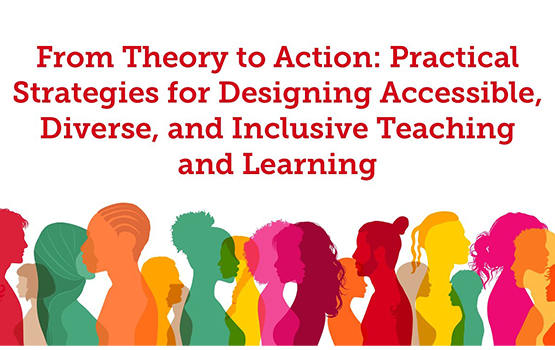

Incorporating Universal Design for Learning in Disciplinary Contexts in Higher Education
Universal Design for Learning (UDL): Enhancing Accessibility in Higher Education
Universal Design for Learning (UDL) is a framework that guides course design and delivery to create inclusive learning experiences for diverse students.
This guide showcases how UDL principles have been applied across disciplines to meet varied learning needs. Each chapter offers practical examples of UDL integration in higher education, highlighting innovative approaches to enhancing accessibility and inclusivity.
Abegglen, S., Aparicio-Ting, F. E., Arcellana-Panlilio, M., Behjat, L., Brown, B., Clancy, T. L., DesJardine, P., Din, C., Dyjur, P., Ferreira, C., Hughson, E. A., Kassan, A., Klinke, C., Kurz, E., Neuhaus, F., Pletnyova, G., Paul, R. M., Peschl, H., Peschl, R., & Squance, R. T. (2021). Incorporating Universal Design for Learning in Disciplinary Contexts in Higher Education (M. Arcellana-Panlilio and P. Dyjur, Eds.). Calgary, AB: Taylor Institute for Teaching and Learning Guide Series.
Artificial Intelligence (AI) | Teaching & Learning
Teaching and Learning with Artificial Intelligence Apps | Taylor Institute for Teaching and Learning | University of Calgary
Resources - Artificial Intelligence | Taylor Institute for Teaching and Learning | University of Calgary
The Use of AI for Accessibility and Inclusion | Taylor Institute for Teaching and Learning | University of Calgary
Artificial Intelligence | Teaching and Learning | Werklund School of Education | University of Calgary
Artificial Intelligence Research Hub | University of Calgary
Artificial Intelligence Research Guide | Library | University of Calgary
Assistive Software How-To Videos | Student Accessibility Services | University of Calgary
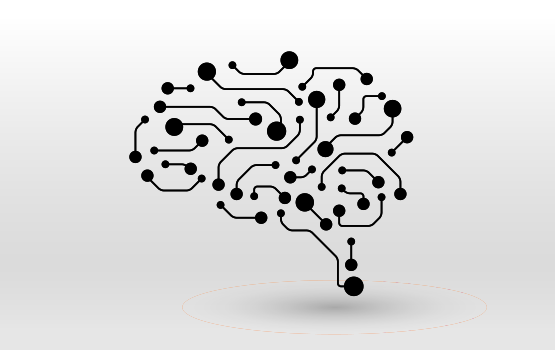

Disability and Accessibility in Event Planning
Planning events that are truly inclusive requires a proactive approach to accessibility, ensuring that everyone, including individuals with disabilities, can participate meaningfully. Whether organizing conferences, meetings, or presentations, addressing accessibility early in the planning process creates more inclusive and successful experiences.
Accessibility is often overlooked or dismissed as too challenging, but integrating it into the planning process is essential. It removes barriers that prevent participation and promotes equitable involvement. An accessible event not only promotes inclusivity but also enhances its impact and success by accommodating a wider audience.

